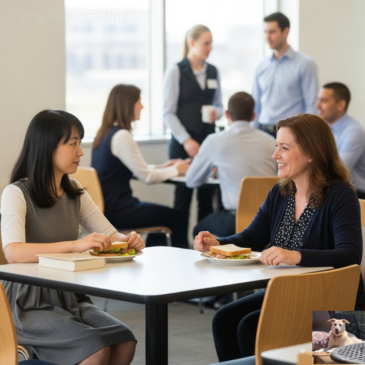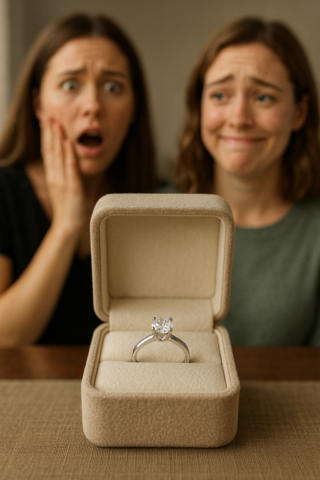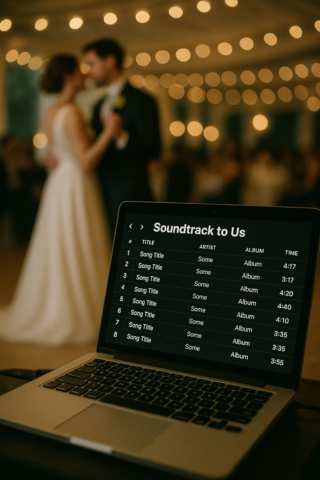Same cliques. Same seats. Same whispered stories passed between bites of salad and reheated leftovers. I usually sat with a group from marketing—easy, lighthearted people who knew how to keep the conversation casual.
But every day, without fail, Emily Harper would sit alone.
She wasn’t cold or rude. Just quiet. She’d bring her lunch in a simple tote, sit at the corner table by the window, and eat with a book open beside her. She smiled if someone said hello, but never joined a group. She never seemed sad. Just… invisible.
At first, I didn’t think much of it. Some people like their space.
But after a few months, I started to wonder. She was kind. Smart. Her reports were always early, and she remembered people’s birthdays—even ones we forgot ourselves.
Why did no one sit with her? Why didn’t I?
One Thursday afternoon, something shifted. I walked into the break room, sandwich in hand, and my usual group was already deep in conversation about weekend plans I wasn’t part of. I glanced over at Emily.
Same corner. Same book. Same soft smile as she peeled an orange.
I hesitated—then walked over.
“Mind if I sit?” I asked.
Her eyes lifted, surprised. “Sure. Of course.”
I sat. We ate quietly at first. She didn’t seem uncomfortable, but I could tell she wasn’t used to company. I made a passing comment about her book. That led to a small conversation about historical fiction. Then baking. Then travel.
She wasn’t quiet at all. Just uninvited.
The next day, I sat with her again. This time, she greeted me with a smile that reached her eyes.
We kept it going—every day for the next week. Slowly, others began to notice. One colleague stopped by to say hi. Another joined us for a few minutes. Still, Emily and I stuck together.
One day, as we cleared our trays, I finally asked, gently, “Emily… can I ask you something personal?”
She nodded.
“Why did you always sit alone?”
She paused, thinking.
“Because it’s easier to choose solitude than risk rejection.”
I looked at her.
She continued, “When I first started here, I tried to join a few tables. People were nice enough… but I always felt like an afterthought. Like I was intruding. No one asked me to stay. After a while, I figured maybe I wasn’t the kind of person people invited in.”
Her voice didn’t carry bitterness. Just quiet acceptance.

It broke my heart a little.
“You’re not an afterthought,” I said.
She smiled again, this time with a softness I hadn’t seen before.
“I know that now.”
That conversation changed more than just our lunches. Emily started joining team meetings with more confidence. She shared more in brainstorming sessions. People began to notice what she had to say—not just what she got done.
She hadn’t changed.
She had simply been seen.
And that one decision—to sit beside her—taught me something I’ll never forget:
People aren’t always alone because they want to be. Sometimes, they’re just waiting for someone to say, “Mind if I join you?”
Final Thought:
Kindness doesn’t have to be loud. Sometimes, the quietest gestures—like sitting beside someone who’s always been alone—open the biggest doors. We never know who’s waiting to be seen… until we choose to see them.



